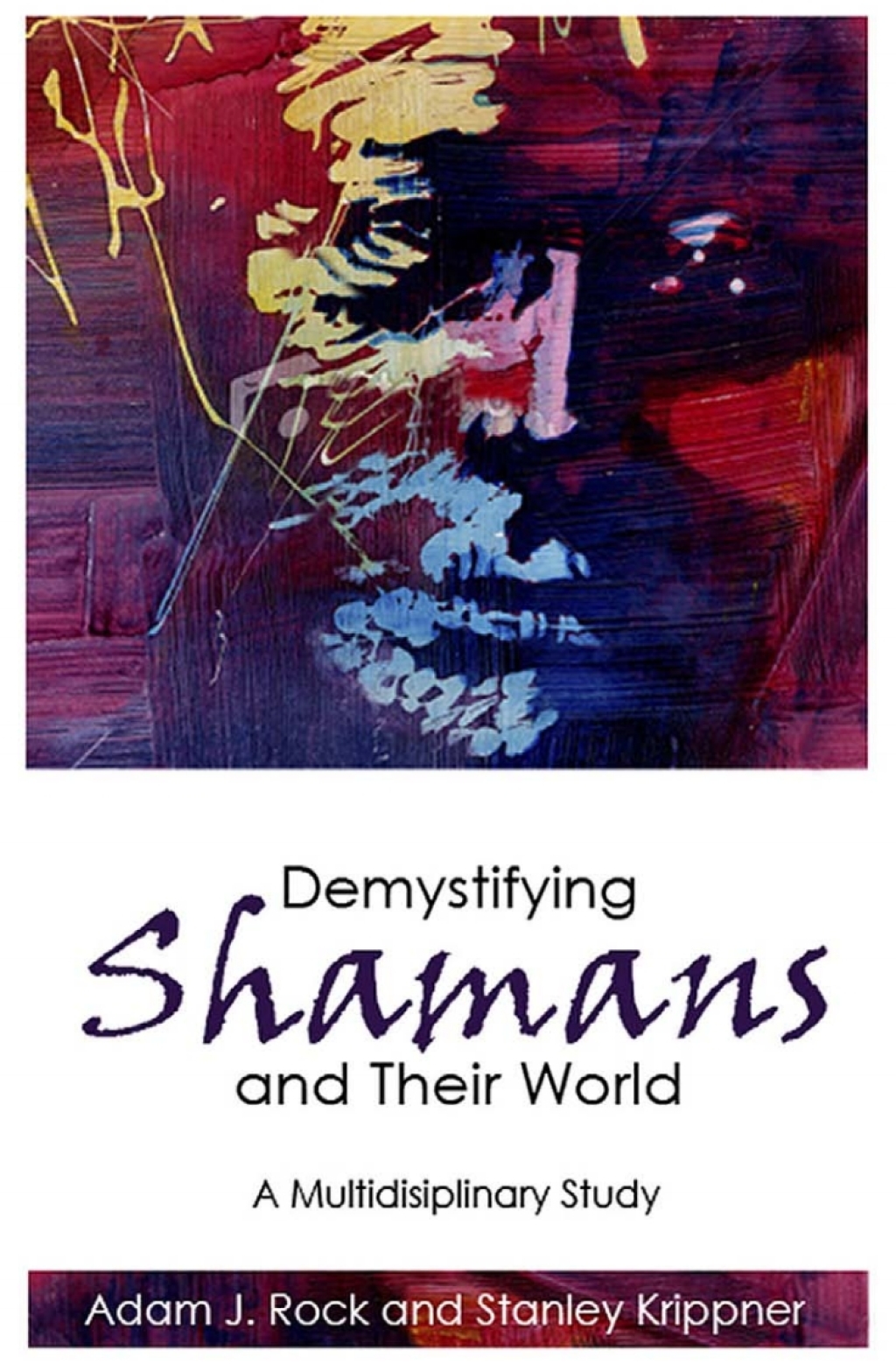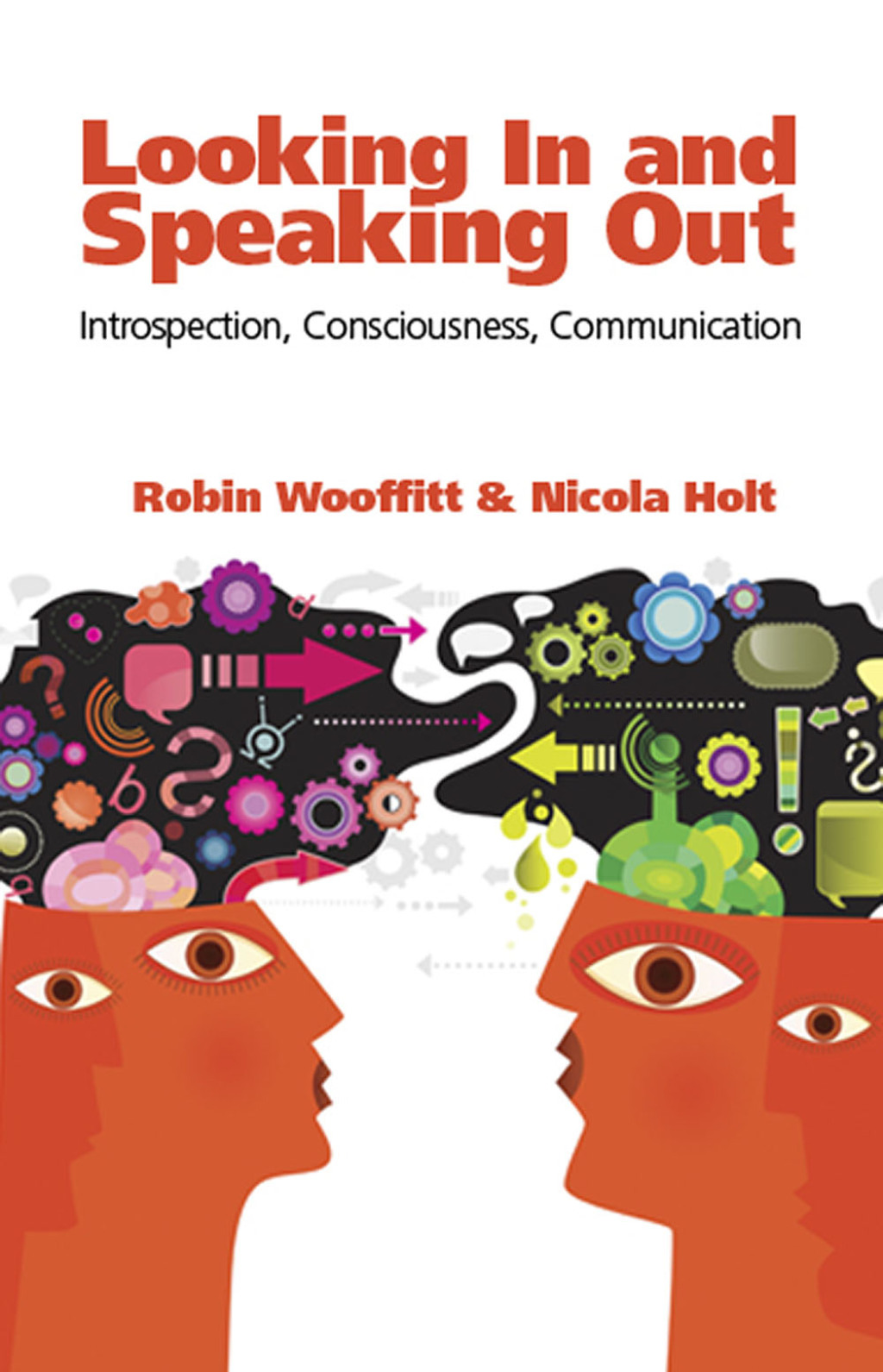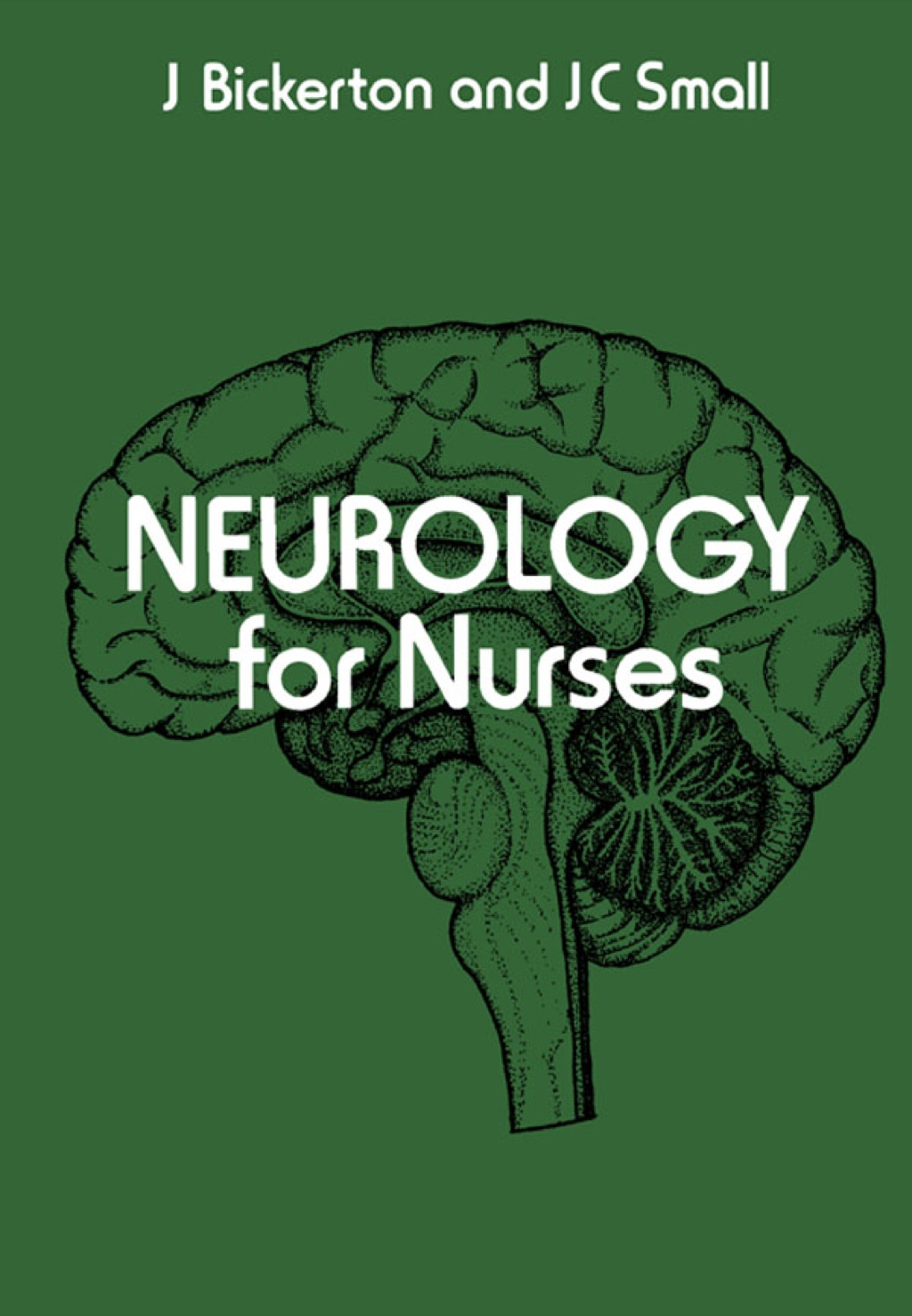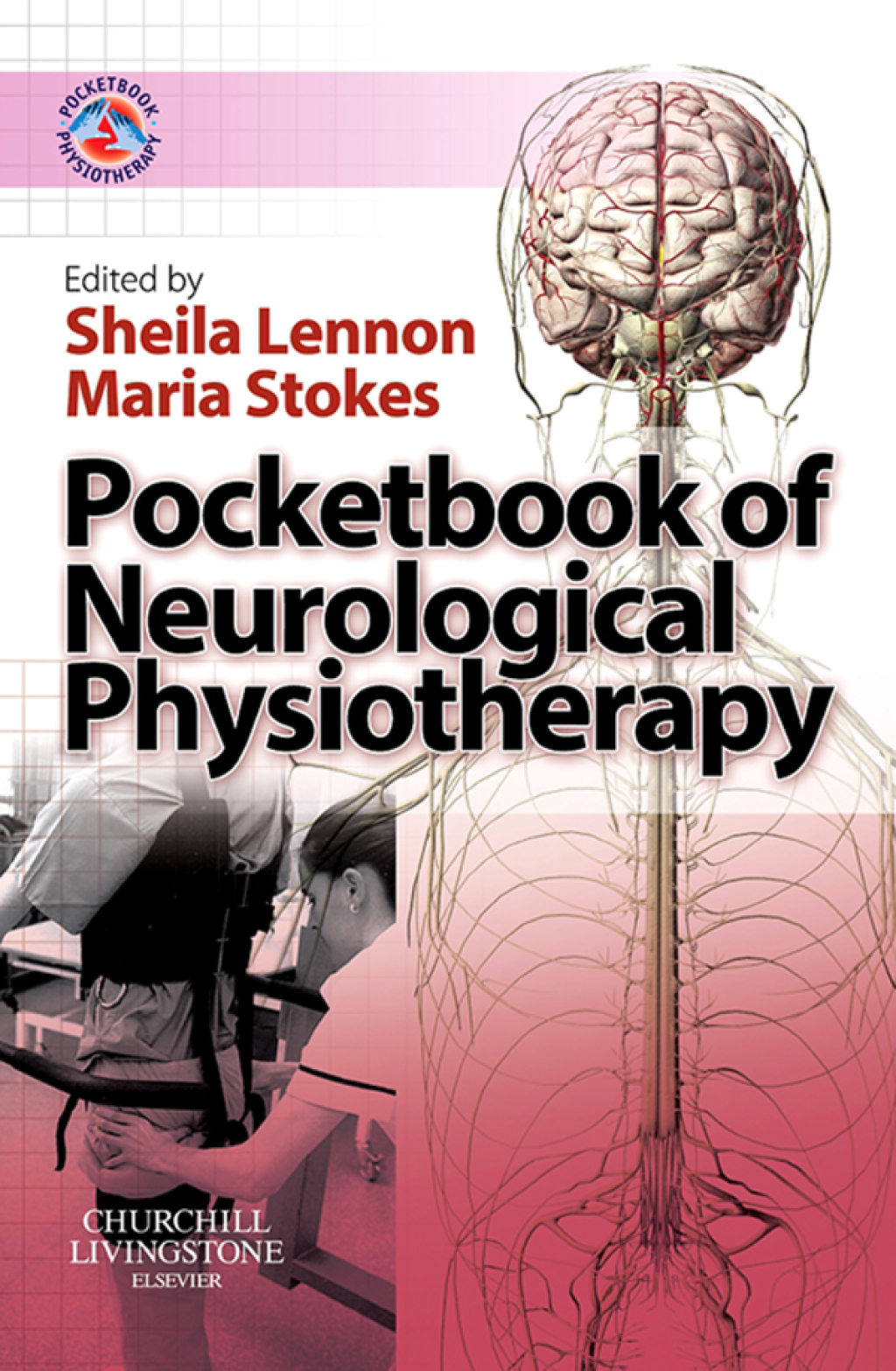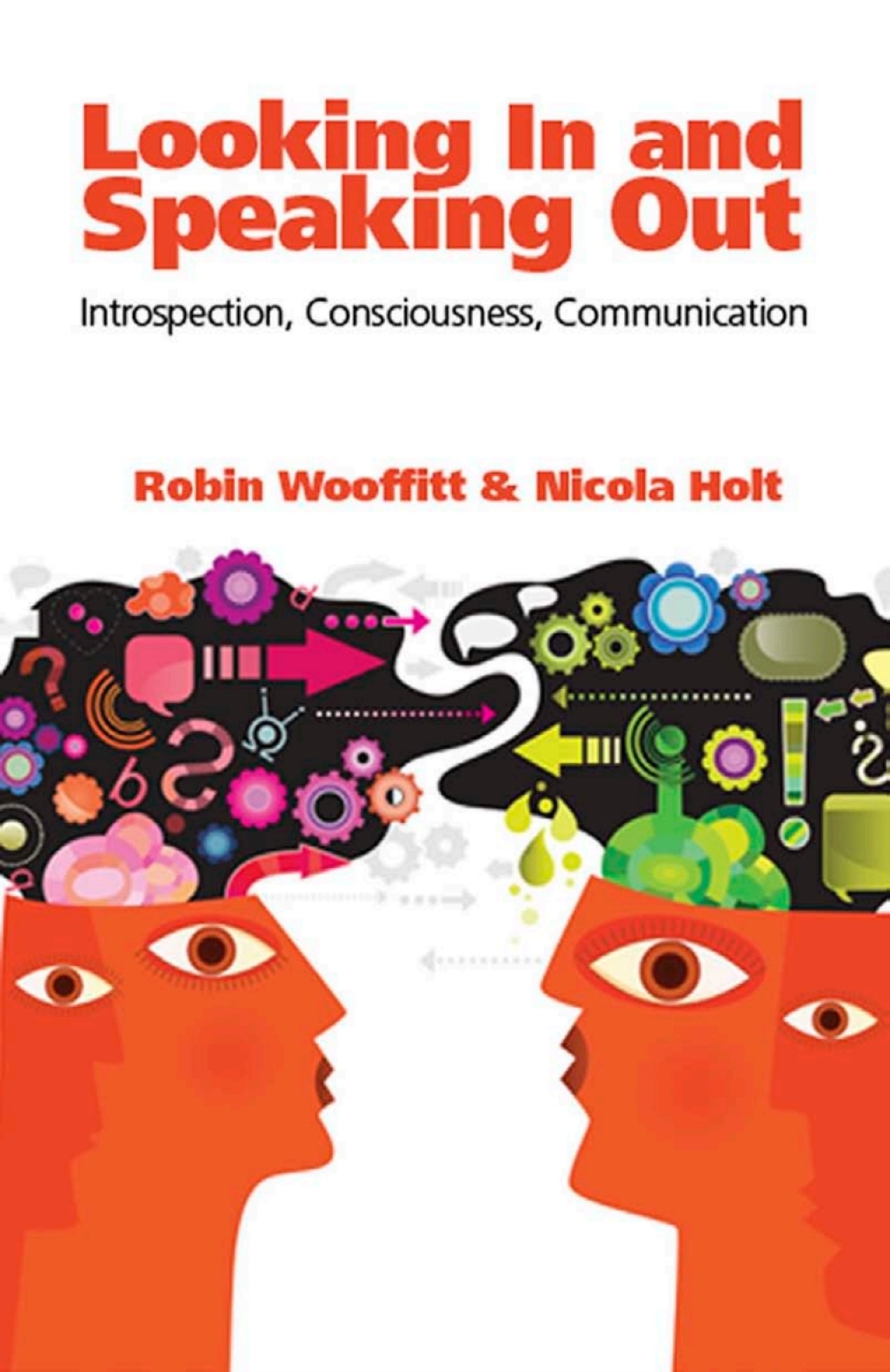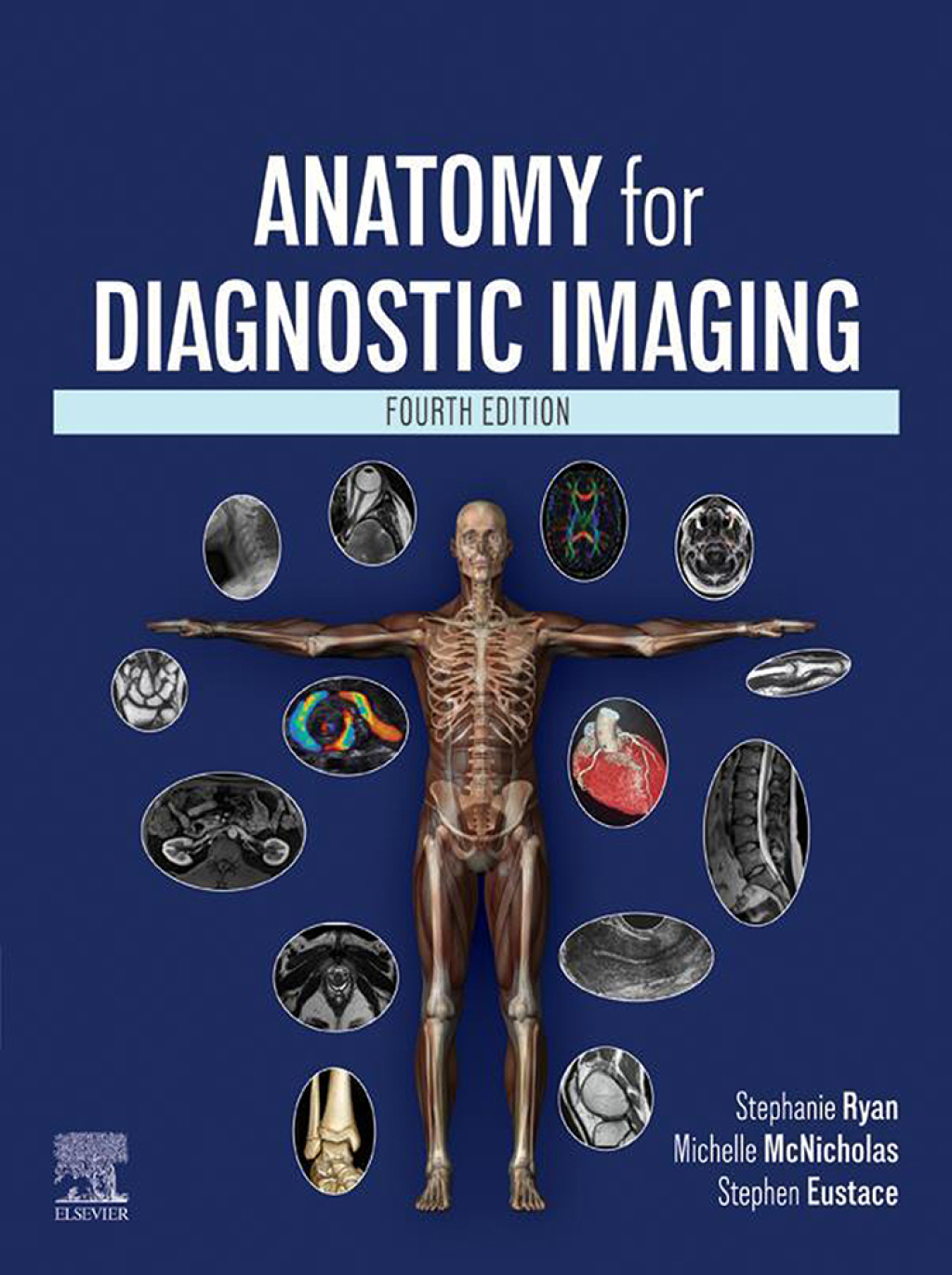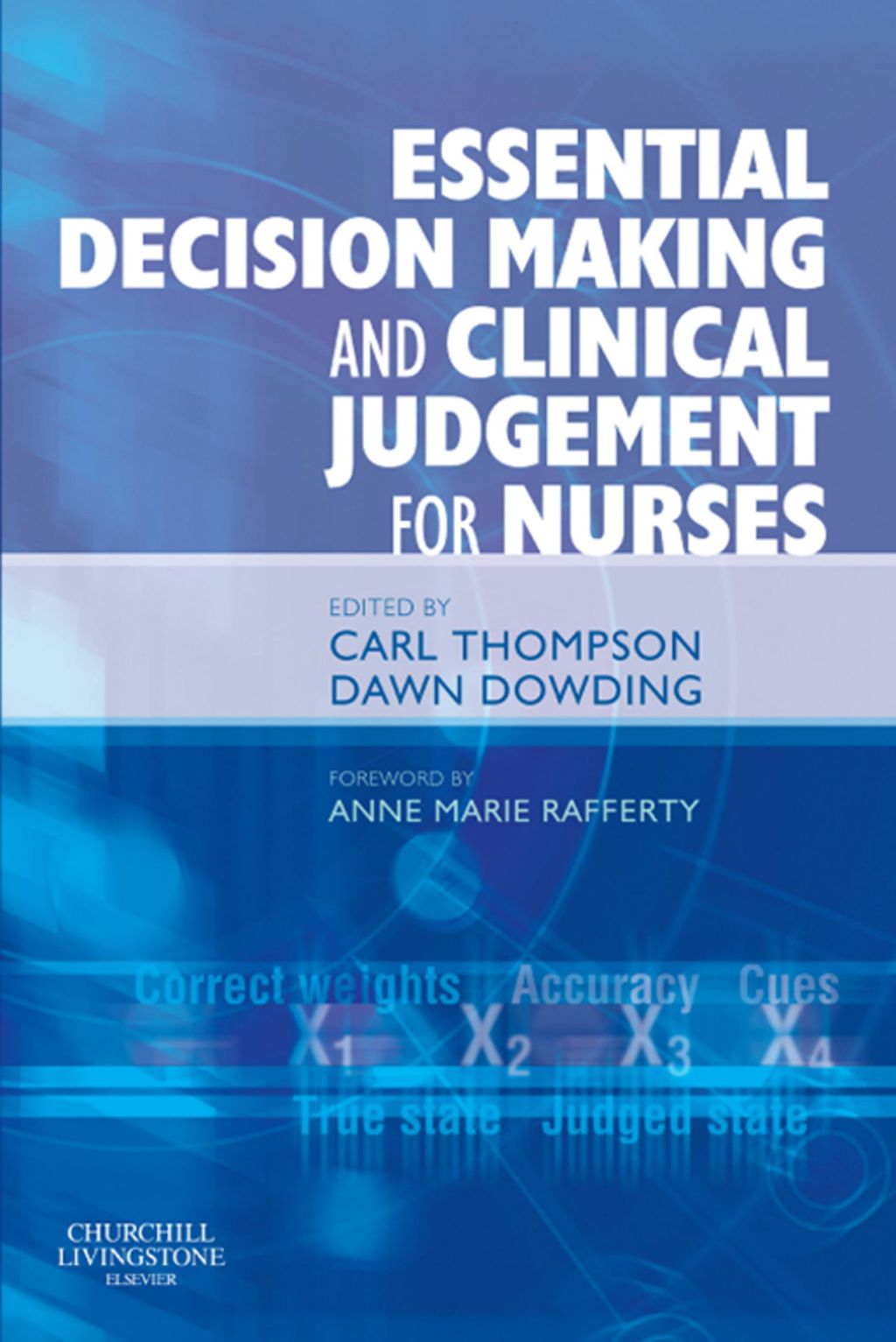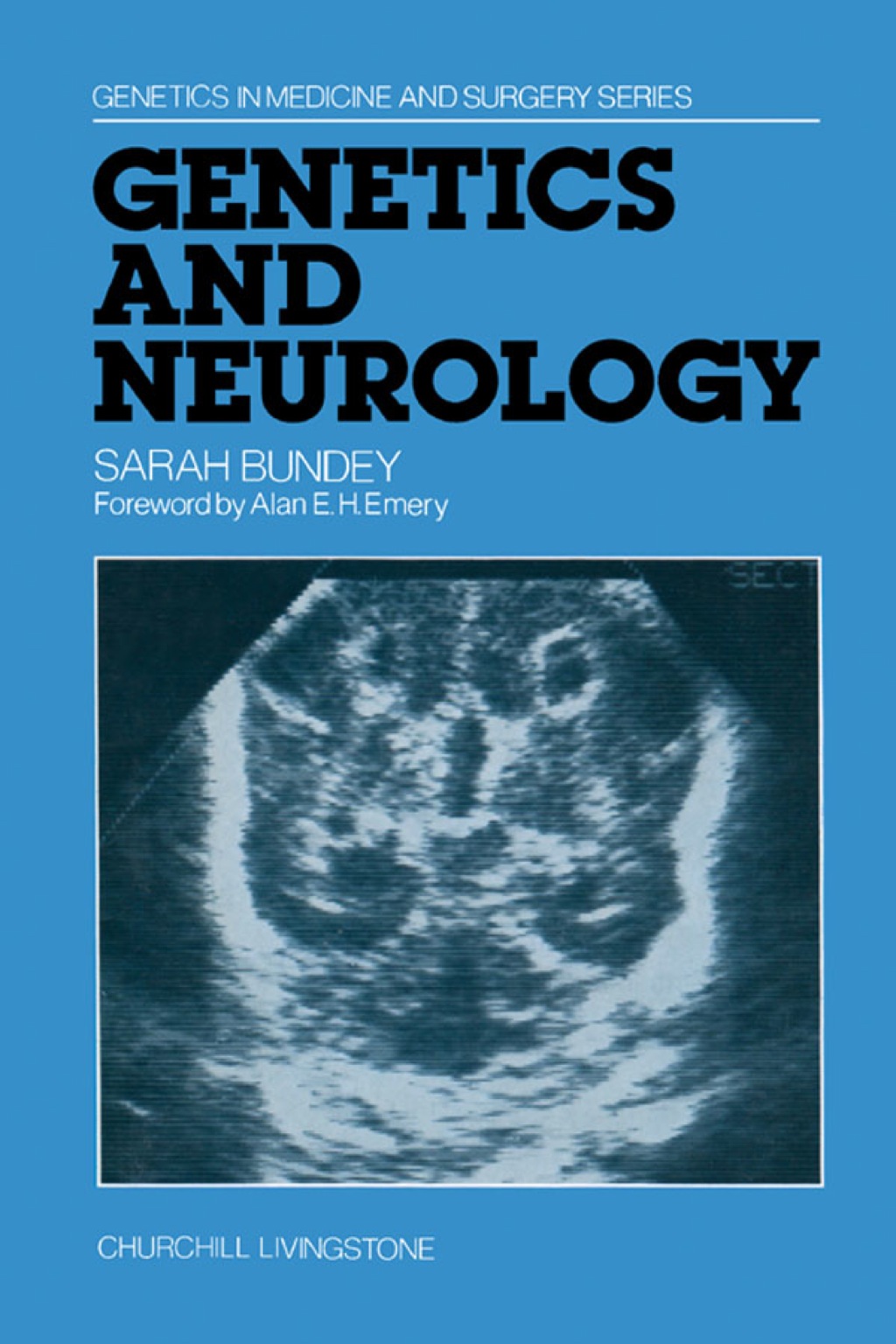This book argues that it is essential to examine the linguistic and communicative practices that are used in the production of introspective data, thereby making an important contribution to debates about how we may study experience that are relevant to a wide range of disciplines. There are three objectives. The text offers an account of the way in which contemporary researchers are employing introspection methodologies; it argues for the importance of viewing introspective data as discourse, and illustrates this via discussion of research findings in four substantive chapters; and it outlines new directions for research and theorising on introspection and consciousness which will have implications for a range of psychological and social science disciplines.
Looking In and Speaking Out 2nd Edition
Author(s): Robin Wooffitt, Nicola Holt
Publisher: Imprint Academic
ISBN: 9781845402273
Edition: 2nd Edition
$39,99
Delivery: This can be downloaded Immediately after purchasing.
Version: Only PDF Version.
Compatible Devices: Can be read on any device (Kindle, NOOK, Android/IOS devices, Windows, MAC)
Quality: High Quality. No missing contents. Printable
Recommended Software: Check here
Important: No Access Code
Description
Related products
Looking In and Speaking Out 2nd Edition
Author(s): Robin Wooffitt, Nicola Holt
Publisher: Imprint Academic
ISBN: 9781845402273
Edition: 2nd Edition
$39,99
Delivery: This can be downloaded Immediately after purchasing.
Version: Only PDF Version.
Compatible Devices: Can be read on any device (Kindle, NOOK, Android/IOS devices, Windows, MAC)
Quality: High Quality. No missing contents. Printable
Recommended Software: Check here
Important: No Access Code
Description
This book argues that it is essential to examine the linguistic and communicative practices that are used in the production of introspective data, thereby making an important contribution to debates about how we may study experience that are relevant to a wide range of disciplines. There are three objectives. The text offers an account of the way in which contemporary researchers are employing introspection methodologies; it argues for the importance of viewing introspective data as discourse, and illustrates this via discussion of research findings in four substantive chapters; and it outlines new directions for research and theorising on introspection and consciousness which will have implications for a range of psychological and social science disciplines.

